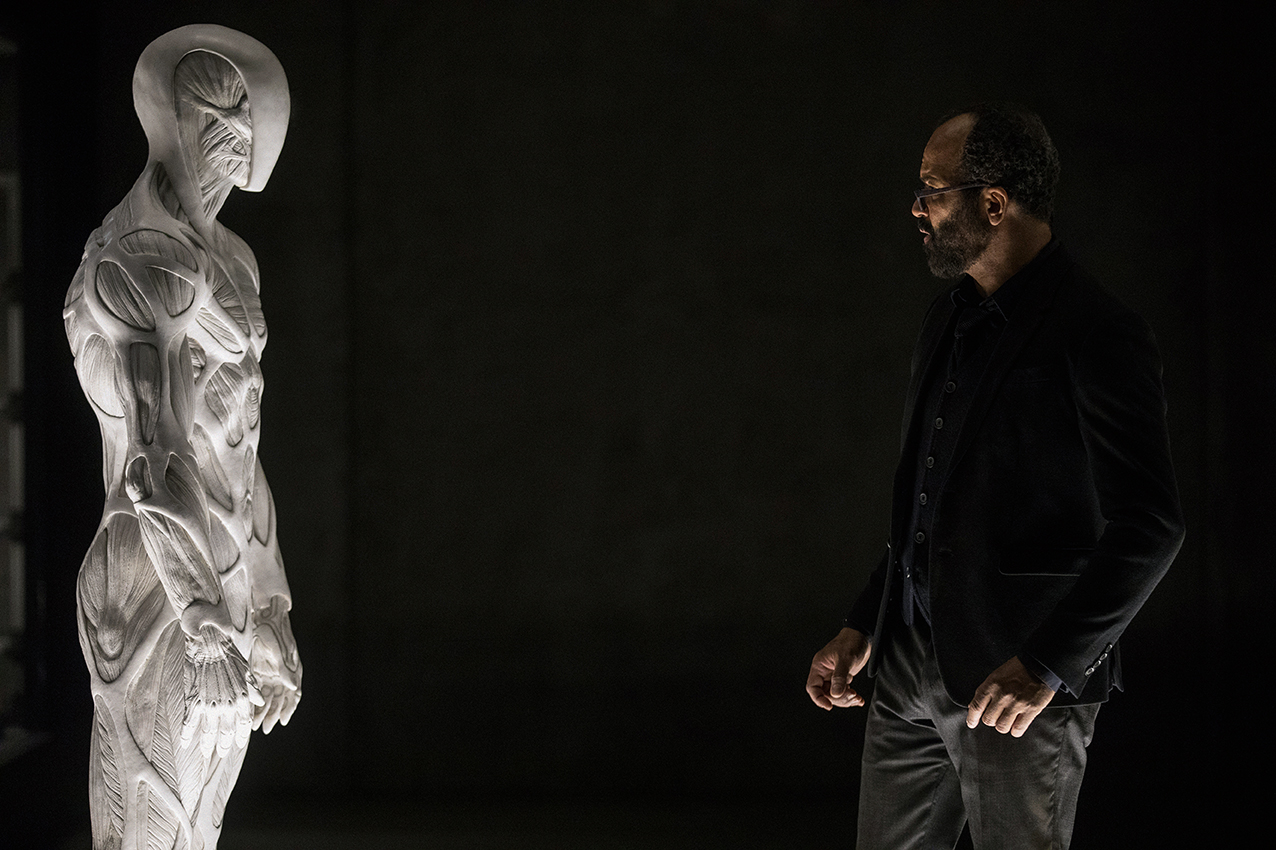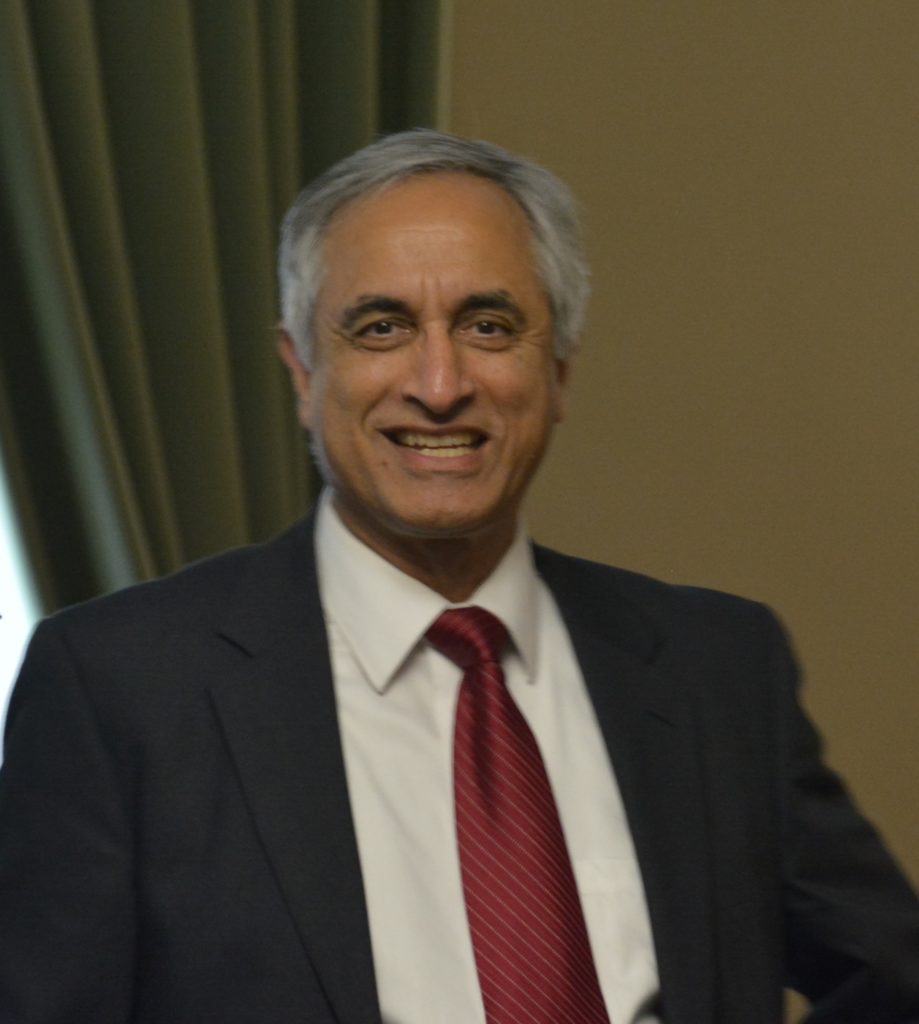Can we create consciousness?
by Scott Dutfield · 24/01/2019

How It Works talks with Professor Subhash Kak on the challenges of creating synthetic sentience
In the latest issue of How It Works, we asked the question of whether we could create a real-life Westworld, and chatted with a renowned expert on the greatest hurdle standing in our way – creating intelligent synthetic life.

MEET THE EXPERT
Subhash Kak is a Regents Professor of Electrical and Computer Engineering at Oklahoma State University, Stillwater. As well as being an expert in quantum computing and neural networks, he has authored 20 books including “The Circle of Memory” and “Mind and Self”.
One barrier to an artificial intelligence achieving consciousness is Alan Turing’s ‘halting problem’, which explains that no human-designed algorithm can halt its processing at a random point like the human brain is able to do. Although popular algorithms such as neural networks (used by Google’s DeepMind and Amazon’s Alexa, for example) are inspired by their biological counterparts, it may be that we are losing some crucial details as we simplify our organic pathways into computational ones. With this in mind, do you feel our current approaches to algorithms are complex enough to facilitate consciousness?
“I don’t think there is currently any serious attempt to create machines that are conscious the way humans are. Of course, there are projects where machines or robots can operate autonomously in environments with uncertainty. But the basis of their intelligence is pattern recognition, i.e. the machine is able to recognize the patterns it has been trained on and also their generalizations, and then given where it is, it chooses a response out of a menu of many responses. This is all current ‘intelligent’ machines do and just increasing complexity will not facilitate the emergence of the new phenomenon of consciousness.”
From a purely processing power perspective, a traditional computer is vastly inferior when compared with the human brain. Quantum computing promises to be a way for us to unlock much faster processing speeds, but some physicists have gone further and suggested that quantum effects (where particles can exist in many states at once) may also occur in the human brain and act as the basis for consciousness. If that is indeed the case, will consciousness become an inevitable outcome as a quantum computer grows powerful and sophisticated enough?
“The classical computer is not only inferior to the human brain in the level of complexity, it is also likely that some aspects of brain processing are quantum mechanical. But it doesn’t follow that currently conceived quantum computers, which are based to perform digital processing, are the right architecture for consciousness; indeed, it is almost certain that they are the wrong architecture. To achieve conscious behaviour, alternative models of quantum computers which parallel the kind of modular and hierarchical processing that occurs in the brain will have to be explored, and even this might only be necessary and yet still insufficient.”
It’s hard for humans to determine if other species are truly self-aware because we can only appreciate consciousness from our own narrow perspective (consider the intelligent octopus, for example). So if a computer is one day able to achieve a conscious-like state, do you feel humans will be able to recognise a form of sentience that’s unlike our own?
“If computers did achieve consciousness it will quite be like ours, and we humans will be able to establish a connection with them just as we do with other sentient animals. Still, just as each animal sees the world in a way unique to its species, conscious computers will be different from us. We cannot predict the nature of dissimilarity between their sentience and ours, but it is certain they will exceed us in reasoning capacity, memory, and physical agility, and they may very well have no use for us.”
And finally, what to your mind is the immediate major hurdle – technological or otherwise – that humankind will first need to overcome before we can create a synthetic consciousness?
“There are some who believe that if we could emulate all the computational processes in the brain, one would then have also emulated consciousness as a phenomenon. But given that the human brain has nearly 100 billion neurons and many, many more synaptic interconnections, and the biological neuron is quite complex, it is virtually impossible that such an emulation can ever be done. Personally, I think the best bet for achieving conscious machines is via DNA-based systems, but it is unlikely that society will ever be ready to explore this frontier due to its inherent dangers.”
Explore more on artificial sentience and the feasibility of a real-life Westworld in this issue of How It Works. Pick up a copy here
Interview conducted and written by James Horton
For more science and technology articles, pick up the latest copy of How It Works from all good retailers or from our website now. If you have a tablet or smartphone, you can also download the digital version onto your iOS or Android device. To make sure you never miss an issue of How It Works magazine, subscribe today!




